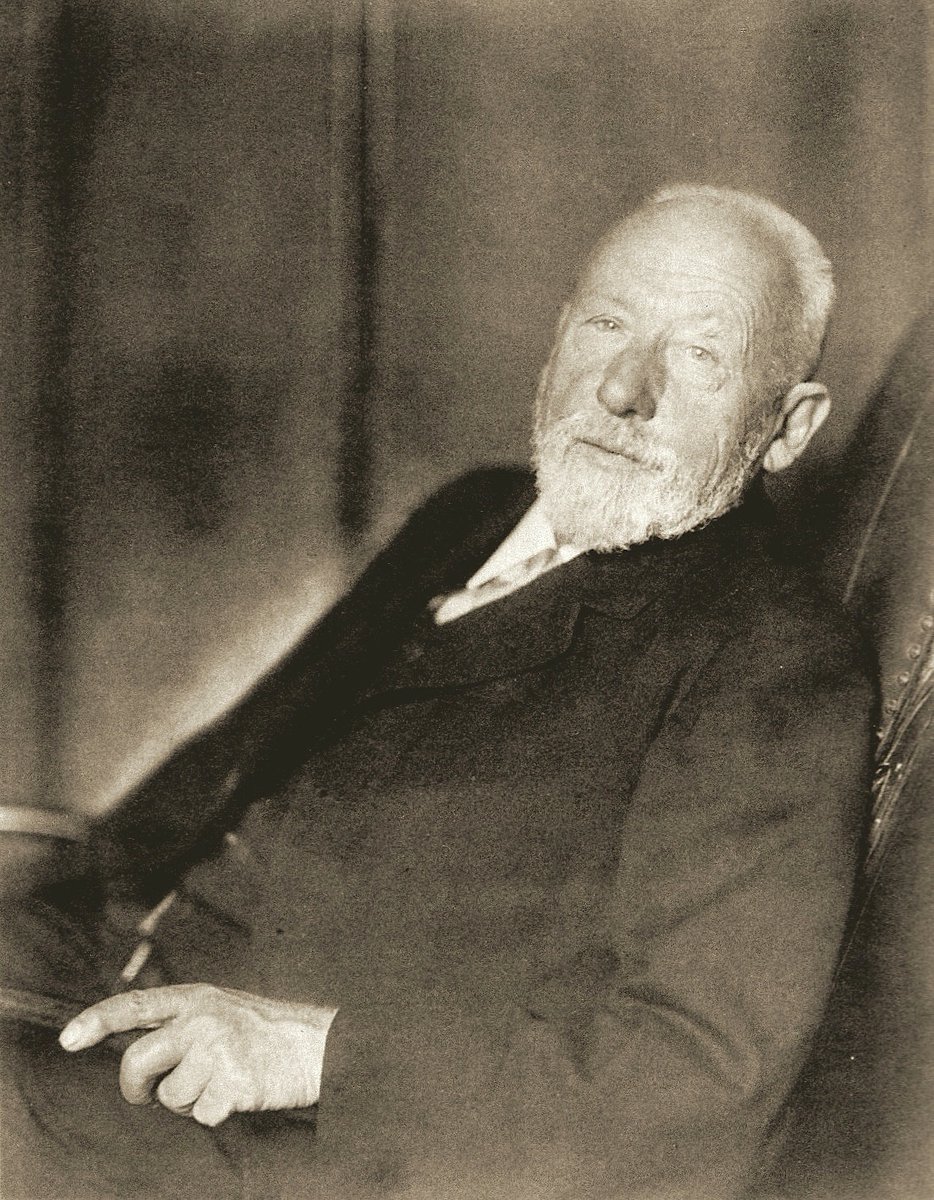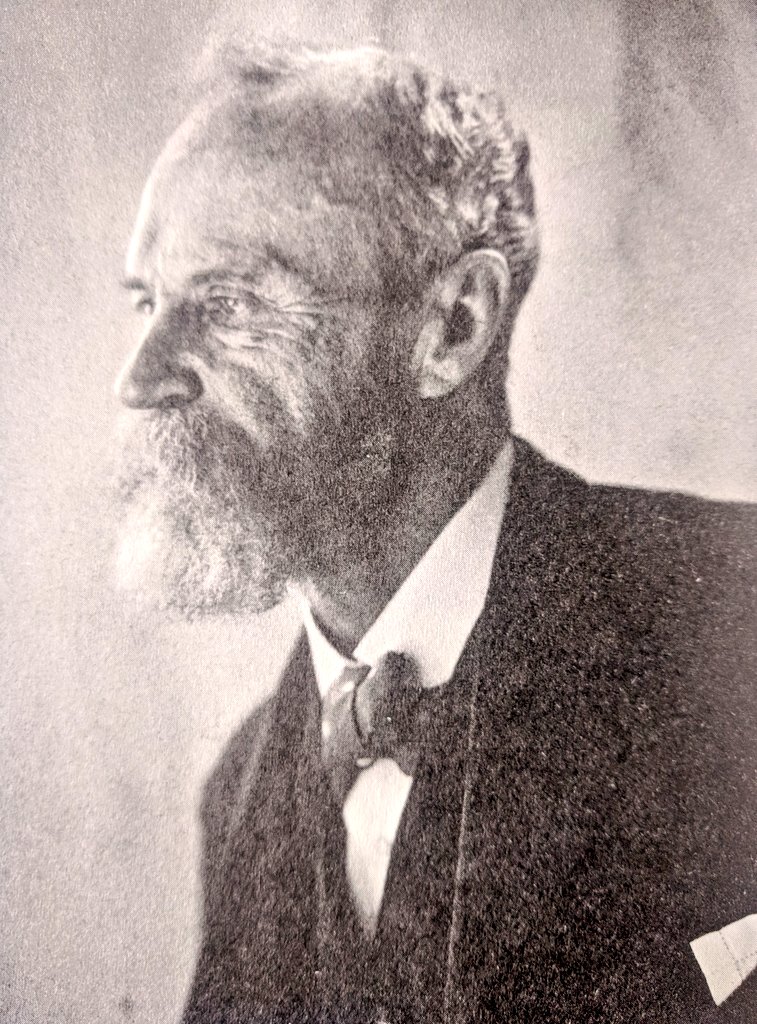Wilhelm Dilthey is, in many ways, the William James of Germany.
Both being sons of intensely and unorthodoxly religious fathers, they each focused more properly on personal religious feelings than on rationalist metaphysics. 1/
Both being sons of intensely and unorthodoxly religious fathers, they each focused more properly on personal religious feelings than on rationalist metaphysics. 1/
As their own personal faiths weakened, they turned their attention toward philosophy. Dilthey colored his philosophy with history while James focused more on psychology. The found relative peace in their respective philosophies of uncertainty. 2/
Both believed philosophy must begin with experience as it is lived rather than as it is conceived formally or explained dialectically. Both had little patience for abstract, universalized, and ahistorical views of reason and knowledge. 3/
James and Dilthey met in Berlin in 1867 at the home of Hermann Grimm, whom James knew through his father& #39;s friend Ralph Waldo Emerson. Despite deep kinship in their ideas, they never saw each other again after that evening in Germany. 4/
James & Dilthy both opposed systematic philosophy. Dilthey& #39;s voracious mind never rested at 1 place long enough to produce a comprehensive statement of his ideas. James& #39; popularity as a lecturer halted him from concentrating on a single subject to provide more than sketches. 5/
Dilthey and James had strong bonds with the empiricist tradition. Despite their real & acknowledged debts to Kant, they directed their sharpest attacks against idealists like Hegel. They both came to the via media between idealism and empiricism through familial ideas. 6/
Both felt that empiricism, materialism, and positivism truncated real-life experience. They believed epistemology ought to be grounded on "whole, full, unmutilated experience," writes James. The materialist worldview was seen as "a monstrous abridgment of life." 7/
Dilthey& #39;s dissatisfaction with systematizing and his preference for "multiple paths" resembles James& #39; criticism of closed systems and his pleas for recognition of the "multiverse" of experience. They embraced the freedom that a pluralistic universe could offer human beings. 8/
To reiterate, they fiercely criticized systematizing. James: "We despise construction and love concrete investigation, remaining skeptical toward the machinery of a system. These forms of systematics and dialectics appear to us like a powerful machine operating in the void." 9/
James made his distinction between rationalists & empiricists with the categories of "tender-minded" and "tough-minded" philosophers. Likewise, Dilthey placed them into camps he called "objective idealism" and "naturalism." /10
Both of them found a middle way through these fruitless dichotomies in what Dilthey called "the idealism of freedom" and in the philosophical projects in which James labored: pragmatism and radical empiricism. /11
Much of this is informed by James T. Kloppenberg& #39;s 1986 book, Uncertain Victory: Social Democracy and Progressivism in European and American Thought, 1870-1920.
I failed to include the trivial similarity in their names.
Wil-helm.
Will-iam.
Wil-helm.
Will-iam.

 Read on Twitter
Read on Twitter



